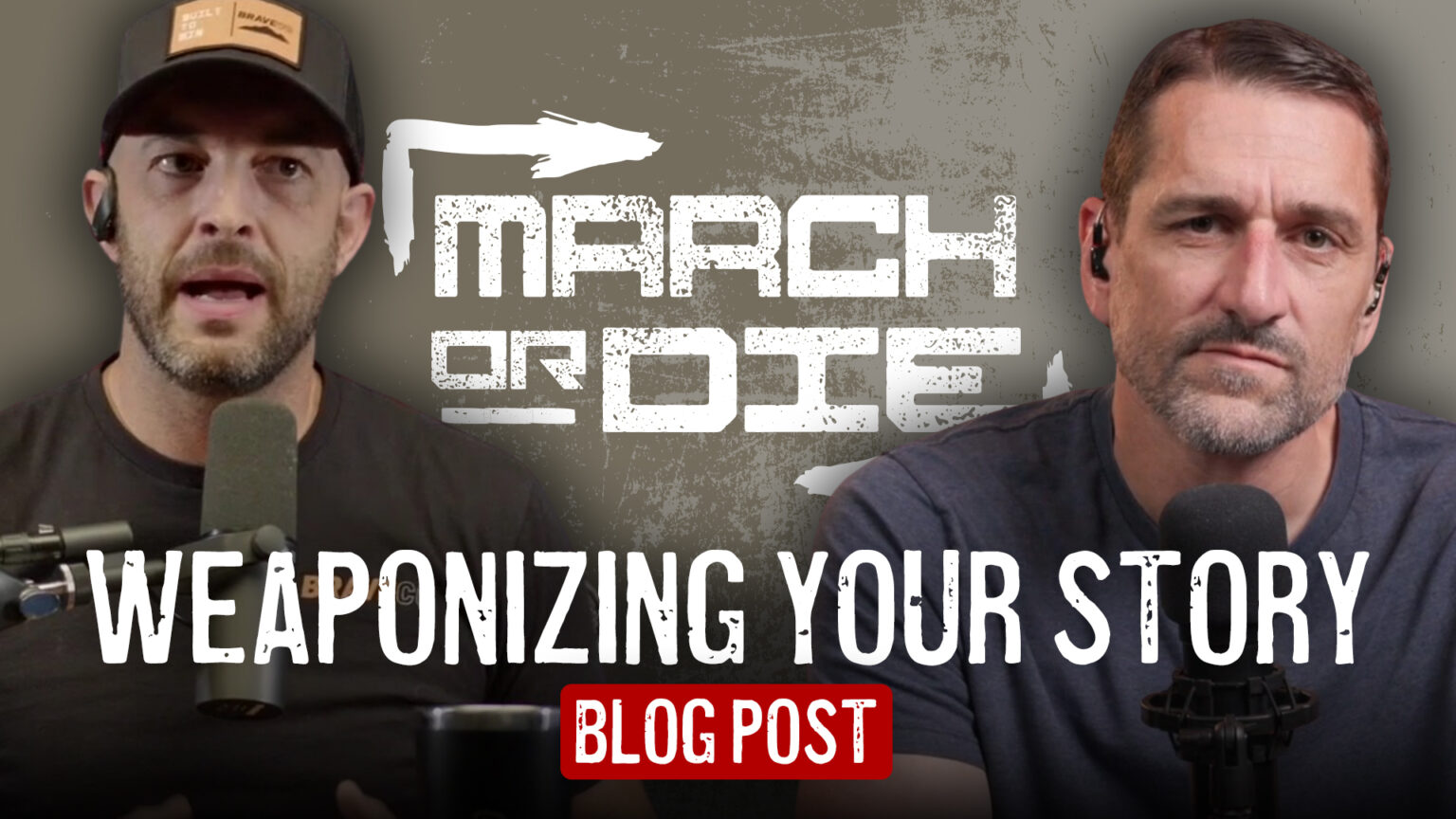Weaponizing Your Story: A Path to Healing and Growth
In a world filled with pain and brokenness, the power of our personal stories is one of the greatest tools for transformation. In a recent conversation between Jeremy Stalnecker and Jason Vallotton, the theme of “weaponizing your story” emerged as a profound way to turn past wounds into platforms for helping others.
Jason Vallotton’s journey is marked by trials that many can relate to, from divorce to a nervous breakdown and the deep struggles of single parenthood. His vulnerability in sharing these stories reveals the beauty of healing—when we allow ourselves to face pain and walk through it with courage, we can move beyond victimhood and grow into agents of change for others.
Taking Ownership of Your Story
One of the foundational points Jason discusses is the importance of taking ownership of your story. It’s easy to fall into a victim mentality, blaming external circumstances or other people for our pain. But healing begins when we acknowledge our responsibility for how we move forward, even when life feels overwhelming. As Jason puts it, “The problem with a victim is you’re stuck in a prison holding the key, hoping that someone else unlocks it for you.”
Taking ownership doesn’t mean dismissing the wrongs done to you—it means owning how you choose to respond. It’s about accepting that, while we may not control everything that happens to us, we can control how we grow from it.
The Power of Vulnerability
Jason highlights a significant concept that many shy away from: vulnerability. Often, people equate vulnerability with sharing the worst, darkest moments of their past, but Jason challenges that notion. True vulnerability, he explains, is not just about sharing old wounds—it’s about being real with the struggles you’re facing today.
Sharing past struggles like divorce or burnout may seem brave, but sharing the challenges you’re currently facing—like raising a child with sensory issues—is even more vulnerable. This kind of authenticity is where real connection happens, and it’s a critical aspect of healing, both for ourselves and for those we help.
Healing in Community
While it’s crucial to take responsibility for our own healing, Jason emphasizes that true growth often happens in the context of community. Whether it’s a counselor, a pastor, or a trusted friend, inviting others into your healing process allows you to carry burdens you were never meant to bear alone. Quoting Galatians 6, Jason points out the distinction between burdens (which, if carried alone, can be damaging) and loads (personal responsibilities we must own).
He encourages anyone struggling with pain or addiction to be brave enough to ask for help. “Take that secret sin that you’ve been living with, that burden that’s too heavy, and invite someone else in to help you walk through it.”
The Journey to Practical Change
One of the common frustrations many people have in their healing journey is the disconnect between spiritual ideals and practical steps. Jason addresses this by stressing the importance of practical tools for navigating pain, setting boundaries, and resolving conflict.
It’s not enough to say, “I give my pain to God” without understanding what that looks like on a daily basis. Practical skills like healthy communication, learning how to mourn losses, and setting up healthy boundaries are vital to moving forward. Jason calls this “skilling up”—learning new tools to navigate life’s challenges instead of relying on the outdated methods we’ve used in the past.
Marriage and the Power of Ownership
For those navigating pain within marriage, Jason underscores the importance of personal growth even when the other partner may not be willing to change. Often, one partner’s willingness to take responsibility for their growth can serve as a catalyst for change in the relationship. Learning skills like conflict resolution and setting boundaries can transform how couples navigate struggles, even in difficult or unequal situations.
Jason and his wife, Lauren, offer a marriage assessment tool to help couples diagnose and address areas in their relationship where growth is needed. This practical step is one of many resources available to couples who want to heal and strengthen their marriages.
Moving Beyond Your Story
One of the most powerful parts of the conversation was Jason’s reminder that while our stories are important, they are not our identity. It’s easy to get stuck in the pain of the past, even when we’ve turned it into something helpful for others. But as Jason says, “Our story is still happening. It’s ever-evolving.”
To truly grow, we must move beyond the pain of yesterday, recognizing that God is continually at work in us, shaping new stories every day. When we do this, we allow our past to be a stepping stone, not a prison, and we walk into the future with purpose and hope.
Conclusion
Jason Vallotton’s story is a testament to the power of vulnerability, ownership, and practical growth. His journey from brokenness to healing offers hope to anyone who feels stuck in their past. By embracing our stories, finding community, and learning new tools for growth, we can all weaponize our pain for a greater purpose. The journey may not be easy, but as Jason reminds us, it is worth it.
If you’re looking to dive deeper into practical tools for healing, check out the BraveCo platform for men or Jason and Lauren Vallotton’s marriage resources for couples seeking growth.
To watch the full episode: Weaponizing Your Story
Apple Podcast:Listen to Weaponizing Your Story
Spotify: Listen to Weaponizing Your Story






